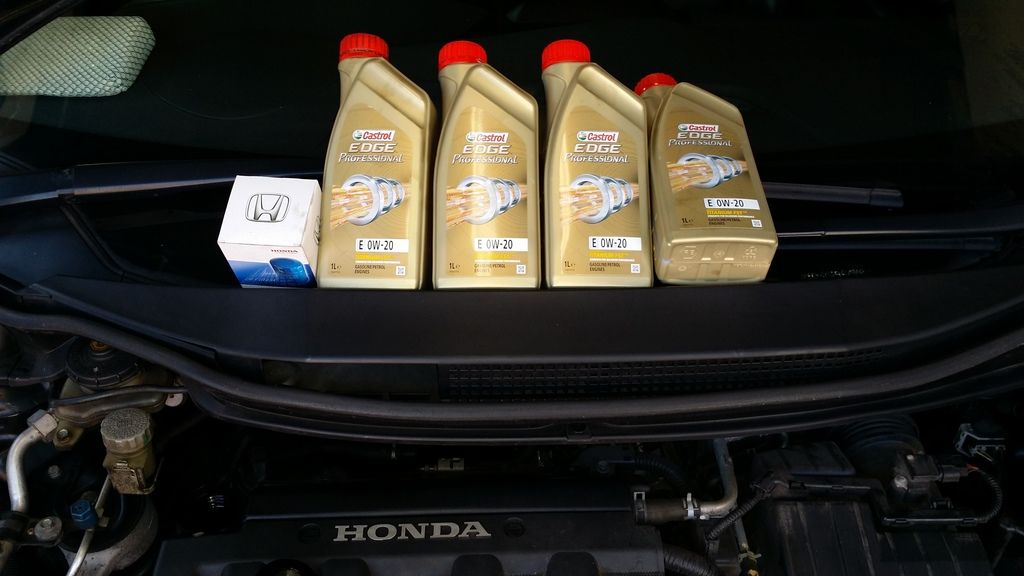Hello
Got 2.0L Accord 2009. Petrol
My owners manual states I can use ACEA A1/B1 , A3/B3 OR A5/B5
API SL or higher
Does that mean API SM and SN should be fine for this car?
API SN (the latest one) has been introduced in 2010 so after the car was released?
Also
I am seeing many oils in ACEA C3 grade, is this compatible with this car and (ACEA A1/B1 , A3/B3 OR A5/B5) specs?
Many thanks all
Got 2.0L Accord 2009. Petrol
My owners manual states I can use ACEA A1/B1 , A3/B3 OR A5/B5
API SL or higher
Does that mean API SM and SN should be fine for this car?
API SN (the latest one) has been introduced in 2010 so after the car was released?
Also
I am seeing many oils in ACEA C3 grade, is this compatible with this car and (ACEA A1/B1 , A3/B3 OR A5/B5) specs?
Many thanks all


